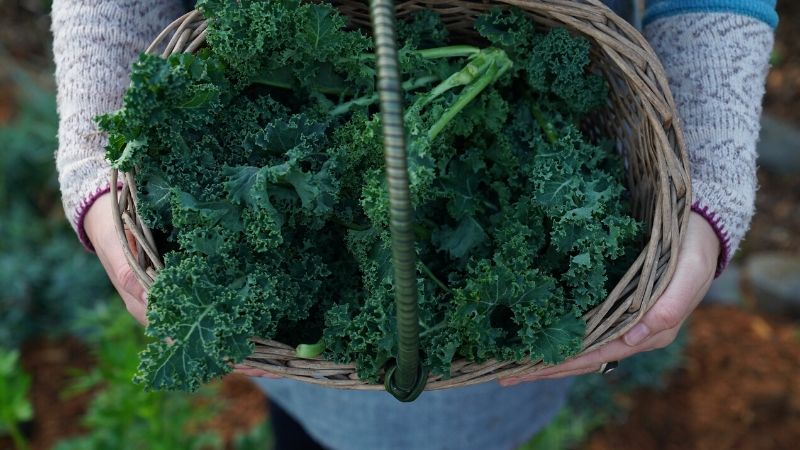Time to read: 3 mins
There is something gentle and soothing about spending time in the garden, and with many of us looking to minimise our impact on the environment the practice of conscious, or vegan, gardening is taking rise.
Vegan gardening is the practice of growing edible food without the use of animal inputs such as manure, worm farms, blood or bone, as well as no chemicals or pesticides.
The practice takes an element of reeducation to break away from current everyday gardening practices. One of the key elements of conscious gardening is employing methods than enhance fertility of soil without the reliance on outside sources.
Vegan gardeners commonly practice crop rotation, green manure, composting and mulching. They must also find creative ways to deter pests without harming them through poisons and sprays.
Author Matthew Appleby, says this about his book and the practice, Super Organic Gardener: Everything You Need to Know About A Vegan Garden.
“Vegans believe animal farming is wasteful of land and resources, cruel to animals and the resulting milk, dairy and eggs are bad for their health. While they seek to remove the foods from their diet, other aspects of making a lifestyle truly vegan may have been overlooked. Cutting out animal inputs in your garden, as well as growing the best products for a vegan diet, and how to be a truly animal-friendly gardener, are the subjects of my new book.”
So where to start?
There are many books, videos and courses you can absorbs to learn about the best approach to conscious gardening, as well as your local gardening group. But these are three things to keep in mind and research before getting started.
Making vegan manure
If you are not replying on any animal products or by products, such as manure, to feed your garden then learning how to make nitrogen rich green manure is essential.
Nitrogen is important when gardening as it encourages growth, increases seed and food production, and improves the overall health of the plant. One of the best ways to do this is planting a crop that attracts the right bacteria to the soil during the off season of your main crop – the kind that produces nitrogen.
Examples include Red Clover and Lucerine.
Be prepared to lose a crop or two
When you are not relying on the use of pesticides you will need to be creative in pest management. One of the oldest ‘tricks’ in the book is to plant crops alongside your main plants to deter the pests – such as nasturtiums, nettles, chervil, marigolds and radishes. Netting is also a great method of protecting crops but can be problematic when management the health of the plants.
As with any new skill, learning the art of vegan, or conscious, gardening is something that you will get better with over time. In the meantime, enjoy gardening with the knowledge you are being as gentle as you can on the environment.










